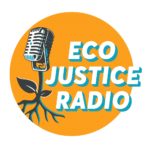
Support EcoJustice Radio with a Tax-Deductible Donation
Subscribe to EcoJustice Radio: Apple Podcasts | SoundCloud | Google | Spotify | Stitcher | YouTube | Links
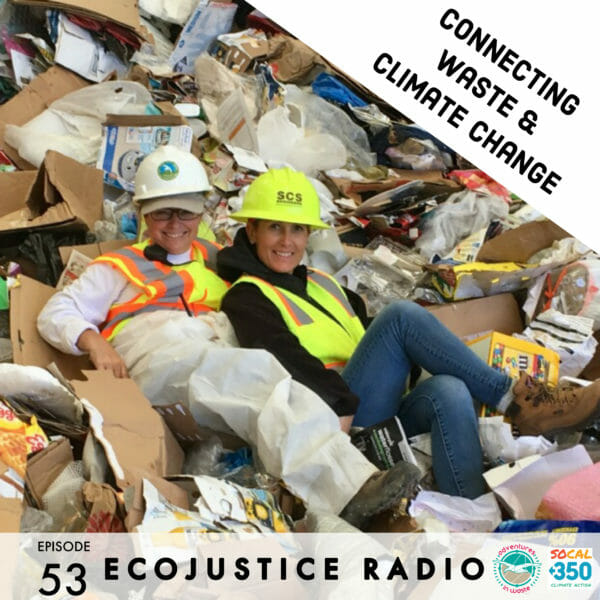
The Climate Solutions Attached to Zero Waste
There are varying definitions of Zero Waste and confusion as to when it started being utilized in city and business plans. There are concerns around feasibility and if it is equitable in its availability as a practice in daily life. As someone who has been in the industry for almost 15 years, I understand the confusion and share in the concerns. I look to my mentors who were some of the original waste geeks that were pushing a new way of looking at recycling and resource management under the guise of Zero Waste. Although the concept of Zero Waste is ancestral by nature, reflects indigenous practices, and is embedded in the protection of all resources, the movement as we know it today got its start in Berkeley, California in the 1980s and in Australia in the 1990s.
STORY: THE FUTURE: Solutions, Policy, & Resistance Around Plastic – Plastic Plague
By 2004, those originators created the first (and still the only) peer-reviewed internationally accepted definition. By this definition Zero Waste means, “The conservation of all resources by means of responsible production, consumption, reuse, and recovery of products, packaging, and materials without burning and with no discharges to land, water, or air that threaten the environment or human health.”
One can also elevate this definition that “no discharges to land, water, or air that threaten the environment or human health,” must also be taken into consideration at the point of extraction and refinement of resources prior to any type of disposal. (In the EcoJustice Radio 7-part series on The Plastic Plague, we follow the connection and solutions from extraction to disposal, so be sure to check it out.)
From the time a resource is extracted and managed for product creation and consumption, to the time it is consumed, disposed and then managed for extended use or burial there are climate disrupting effects and potentials for climate loving solutions. How we create product (or what can be defined as soon to be wasted resources) and then how we manage said resources at end of life has a cumulative impact on climate change.
For example, many people have no idea that wasted food and plant matter make up the largest amount of material in a landfill. When it decomposes, it creates the 3rd largest source of man-made methane gas in the county (2nd in CA). But those organics can be captured and then used to create carbon sequestrating solutions to help in the mitigation of environmental impacts, while helping to stabilize the global climate crisis.
STORY: We Can’t Burn Our Way to Zero Waste – EcoJustice Radio

Our guest, Leslie Lukacs, Executive Director of Zero Waste Sonoma, formally known as the Sonoma County Waste Management Agency, speaks with our host Jessica Aldridge, who also is the founder of Adventures in Waste [http://adventuresinwaste.com/].
Leslie has worked over 20 years in the solid waste and resource management industry. She has spent her career designing and implementing comprehensive sustainability and zero waste programs for large institutions, public agencies, venues, and events throughout California and the nation. Leslie serves on the board of directors of the National Recycling Coalition and Zero Waste International Alliance.
Websites: https://zerowastesonoma.gov/ https://zwconference.org/
Social:
IG: https://www.instagram.com/zerowastesonoma/
Twitter: https://twitter.com/_RecycleNow
FB: https://www.facebook.com/zerowastesonoma/
The National Zero Waste Conference is a two day educational and networking event organized by the National Recycling Coalition
Hosted by Jessica Aldridge from SoCal 350 and Adventures in Waste
Engineer: Blake Lampkin
Executive Producer: Jack Eidt
Show Created by Mark and JP Morris
Music: Javier Kadry
Episode 53
Updated 20 February 2021



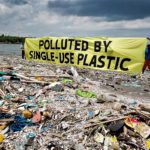
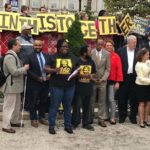

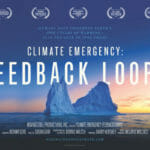
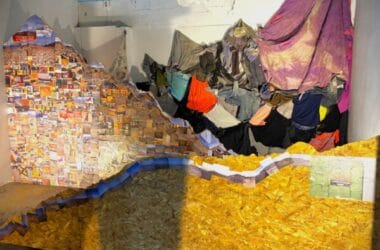





Pingback: Social Equity in a Zero Waste Baltimore – National Zero Waste Conference | WilderUtopia.com
Pingback: Reducing Single-Use Culture Through Legislation – National Zero Waste Conference | WilderUtopia.com
Pingback: THROWAWAY SOCIETY: Economics & Inequity of Plastic Consumption – Plastic Plague Pt 4